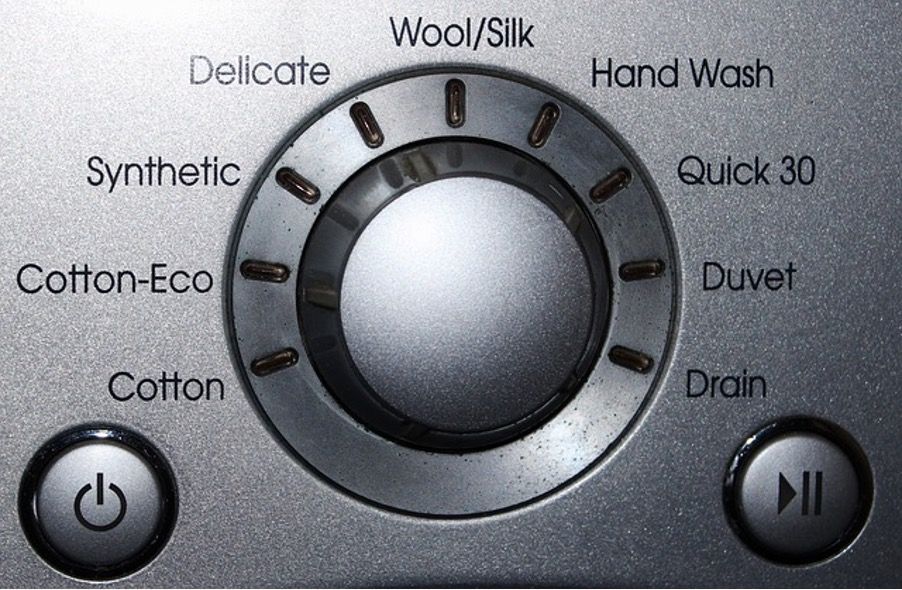Unlocking the power behind your firm
In my last article, the jigsaw piece, I wrote about the important of creating a clear vision for your firm. With that vision in front of you it is tempting to dive in and create your plan.
However, there are a couple more steps to take first if you are to create an effective pathway to follow.
In my last article, the jigsaw piece, I wrote about the important of creating a clear vision for your firm. With that vision in front of you it is tempting to dive in and create your plan.
However, there are a couple more steps to take first if you are to create an effective pathway to follow. The second of these I’ll write about next time (just to keep you in suspense!) but the first, and actually most important, is understanding why you do what you do.
If you’ve listened to Simon Sinek’s TED talk ‘How Great Leaders Inspire Action’ or read his book ‘Start With Why’ then you’ll already be on board with the power and importance of your Why. If not, then the TED talk is a great place to start.
Running an accounting firm is challenging. Every day you are pulled in different directions by clients, team members, regulatory bodies, professional organisations, suppliers, resources and family. It can be hard work, frustrating and stressful.
Now, all of these can be addressed (it’s what I do, after all) but trying to bring control to the chaos every day is so much harder if you don’t know Why you are doing it.
WHY do you get up and go into the office every day?
WHY do you deal with these clients?
WHY do you have your team?
WHY do you keep wanting to progress?
The answers that jump most easily to mind are often along the lines of:-
“I have bills to pay”
“What else can I do?”
“No idea, it’s just how it is!”
The responses are understandable but rarely are they the underlying Why.
Most accountants don’t start their own firm because they have bills to pay or can’t think of what else to do.
They start their firm because they have their own personal vision of what an accounting firm should be.
They start their firm because they want to help others to achieve success.
They start their firm because they want the best life for their family.
They start their firm because they believe there is more to life.
They start their firm because they want to prove themselves.
Whatever the reason WHY you made the leap, having that reason front and centre in your firm and in your thinking is critical because this is where your energy, drive and direction come from.
Your vision, your key strategies and your culture should all be built upon your WHY. In doing so, you shape your firm around something that is fundamental to your reason for getting up every day. Accountants rarely talk about passion but without passion you are, quite literally, just doing the numbers.
That’s not why you do what you do!
Understand your WHY and put it front and centre in your firm.



